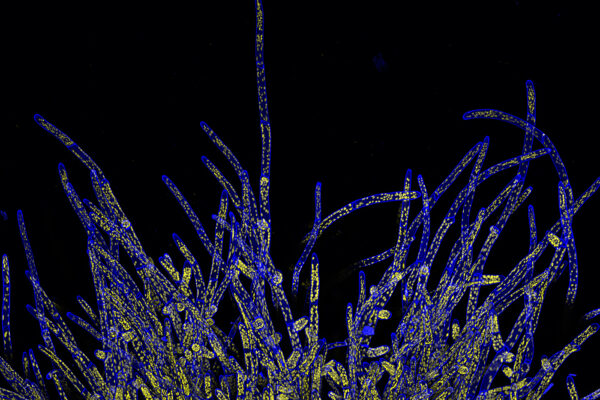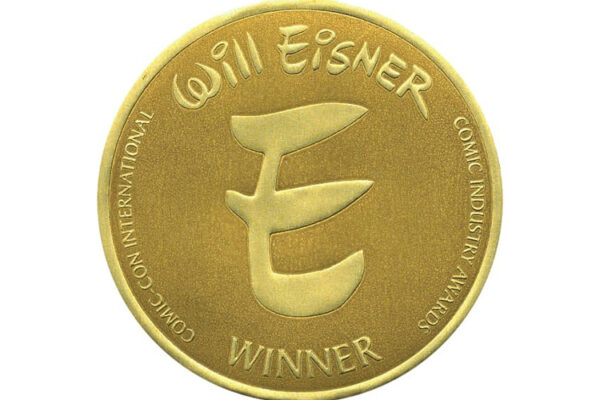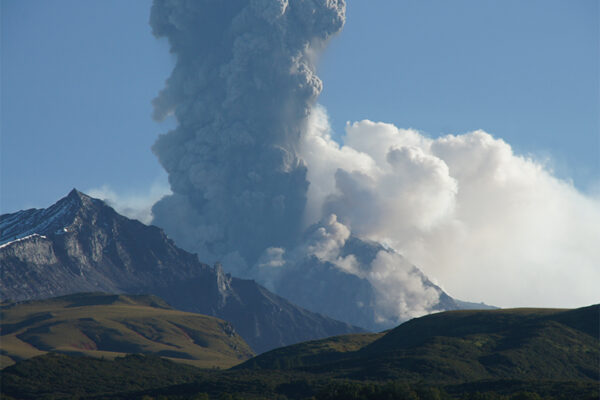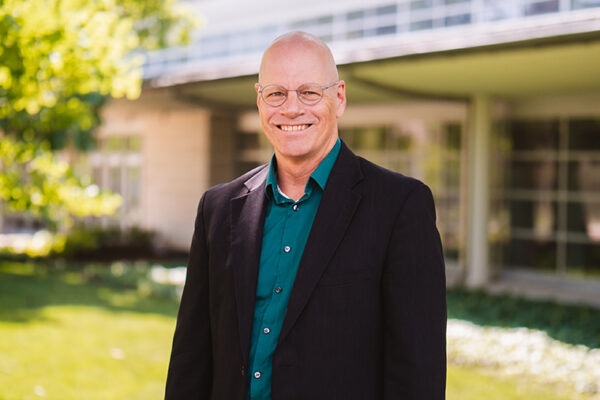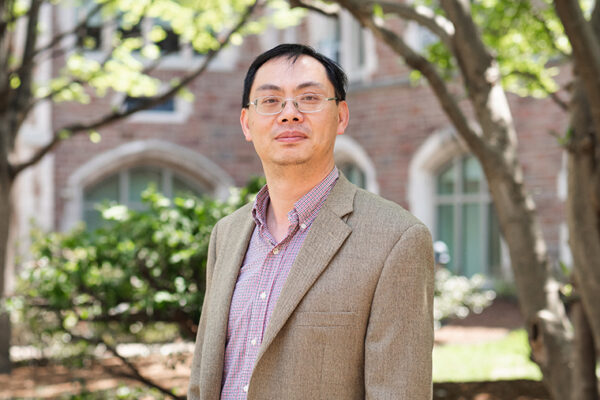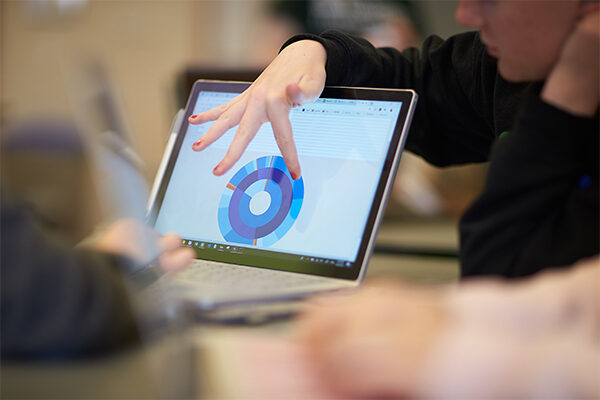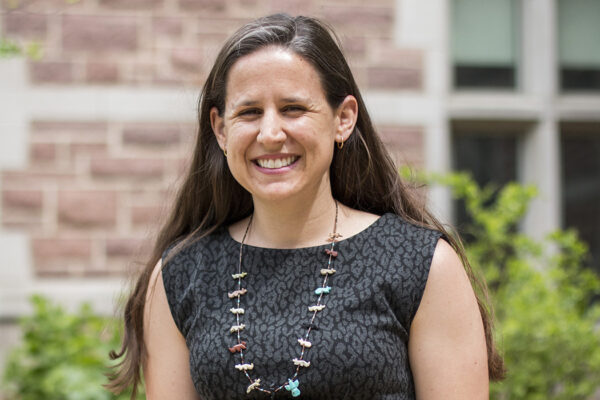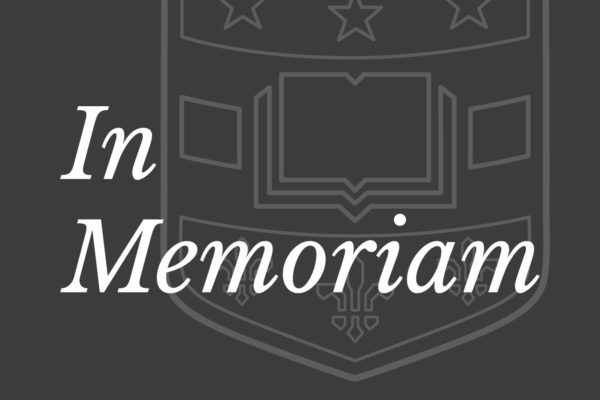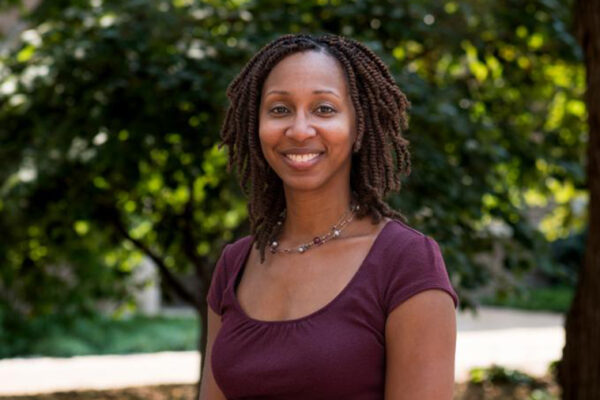Depth of perception
Minuscule tunnels through the cell membrane help cells to perceive and respond to mechanical forces, such as pressure or touch. A new study led by biologists in Arts & Sciences directly investigates what PIEZO channels are doing in the tip-growing cells in moss and pollen tubes of flowering plants, and how.
NIH funds Rudra, Jackrel to improve vaccines for elderly
Washington University’s Meredith Jackrel and Jai Rudra and are researching nanofiber materials that will eliminate the need for vaccine adjuvants.
Wanzo wins Eisner Award, Hatfield Book Prize
Rebecca Wanzo, professor and chair of women, gender and sexuality studies in Arts & Sciences, has won two major awards in the field of comic book studies.
Krawczynski to examine role of water in volcanoes, Earth’s evolution
Michael J. Krawczynski, assistant professor in Arts & Sciences, received a National Science Foundation CAREER Award to research the evolution of super-hydrous magmas in the Earth’s crust. Krawczynski will explore how volcanoes work, especially how water affects the evolution of volcanoes and their behavior.
Moeller wins Heyrovsky Prize for electrochemistry
Kevin Moeller, professor of chemistry in Arts & Sciences, won the 2021 Jaroslav Heyrovsky Prize for Molecular Electrochemistry from the International Society of Electrochemistry. His research focuses on using electrochemistry as a synthetic tool for constructing everything from complex organic molecules to two-dimensional addressable surfaces.
Yang to study two-dimensional quantum materials
Li Yang, professor of physics in Arts & Sciences, received a three-year $375,000 grant from the National Science Foundation for a project titled “Doping Effects on Excited-State Properties of Two-Dimensional Moiré Crystals.”
University offers new bachelor’s degree in data science
Undergraduate students interested in data science can now earn a bachelor’s degree through the McKelvey School of Engineering or Arts & Sciences.
Sinclair named fellow of Society for Political Methodology
Betsy Sinclair, professor of political science in Arts & Sciences, has been named a fellow of the Society for Political Methodology. The recognition acknowledges Sinclair’s outstanding scholarly contributions to the development of political methodology.
Carl Wellman, professor emeritus in Arts & Sciences, 94
Philosopher Carl Wellman, the Hortense and Tobias Lewin Distinguished University Professor Emeritus in the Humanities in Arts & Sciences, died of natural causes July 17 at St. Mary’s Hospital in St. Louis. He was 94.
Wingfield receives career award
Adia Harvey Wingfield, associate dean for faculty development and the Mary Tileston Hemenway Professor of Arts & Sciences, is the 2021 recipient of the American Sociological Association’s Race, Gender and Class section’s Distinguished Career Award.
View More Stories
